Hooked on History: Tuscarawas Valley Brewing Co. brought down by ban on alcohol sales
A recently demolished building on the banks of the Tuscarawas River in Dover was once the home of the ill-fated Tuscarawas Valley Brewing Co.
The brewery was a victim of poor timing.
A group of local businessmen organized the company in 1903 with capital stock of $200,000 ($7 million in 2024 dollars) and had a state-of-the-art brewery built at 115 W. Broadway St. on the south side of Dover, according to information provided by the Tuscarawas County Historical Society. William Martin was president, Jacob A. Horn, vice president, and John D. Stahl, treasurer.
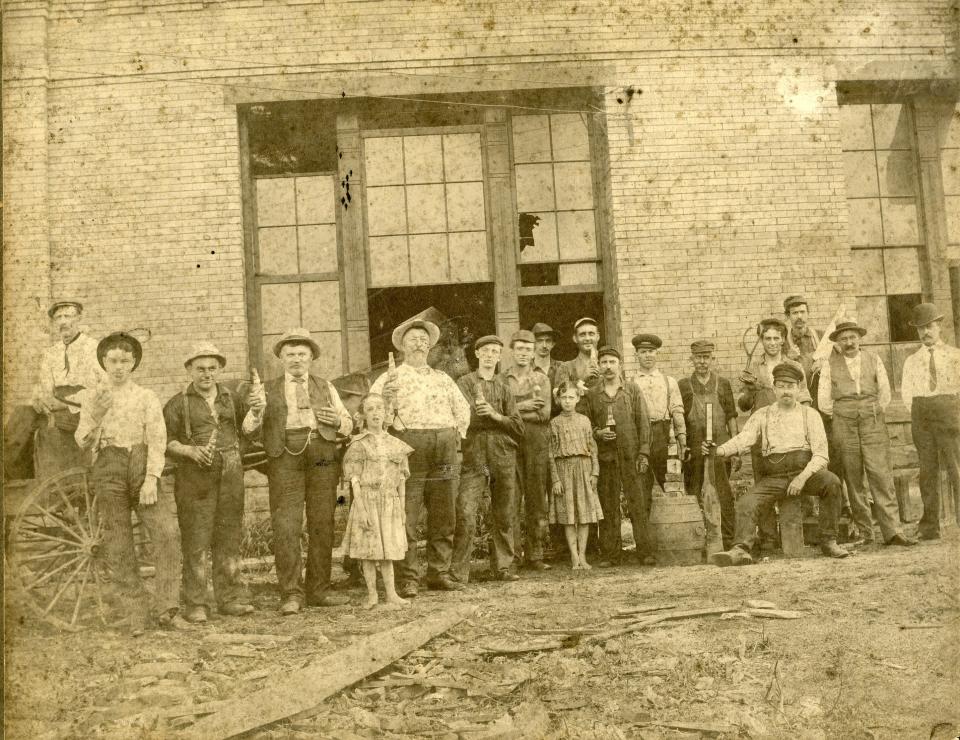
The brewery cost $135,000 to build. It consisted of a six-story brewhouse, bottling house and a modern ice plant. The ice plant had a capacity of 50 tons of ice per day. The employees were selected from men who learned the business in Munich, Germany.
The first brew was made on Oct. 14, 1906, and the first product was sold on Feb. 7, 1907.
Business encountered legal difficulties
Unfortunately for the Tuscarawas Valley Brewing Co., the residents of Tuscarawas County voted the county dry in 1908 under the Rose local option law. The brewery quickly ran afoul of that law.
On Dec. 24, 1908, a company employee sold George Kuemerly a case of beer, consisting of two dozen pint bottles. Kuemerly took the beer home and drank it. Soon after, Walter H. Scheu, the plant manager, was indicted for unlawfully furnishing and giving away intoxicants. Though Scheu didn't personally sell the beer, he was held responsible since he was manager.
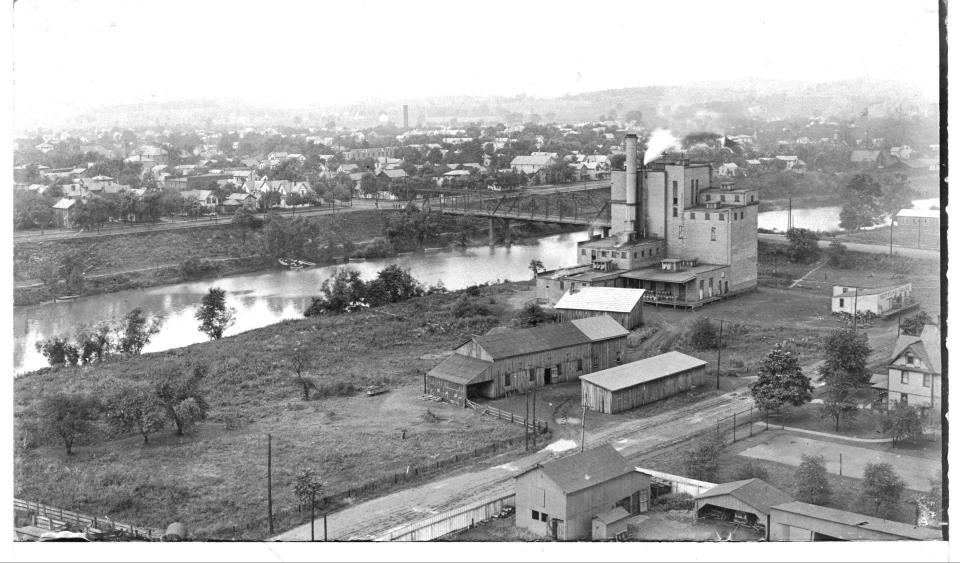
He was found guilty by a Tuscarawas County jury and fined $200. He and company officials decided to appeal the case, arguing the Rose law ban only applied to saloons and sales of quantities of less than one gallon of alcohol.
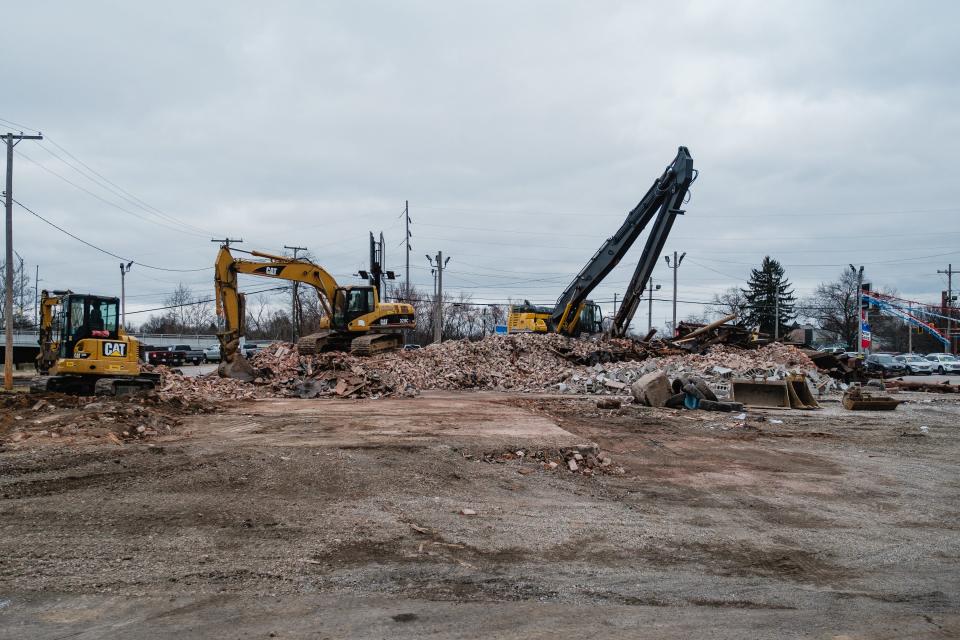
While the case was on appeal, the company continued to sell beer. In May 1909, R.J. Collier of Dover, a member of the Law and Order League, filed affidavits accusing five brewery employees of selling beer on several different occasions in April and May of that year, according to the New Philadelphia Ohio Democrat & Times. Those cases dragged on for years in the local court system.
Supreme Court issued opinion
Meanwhile, the circuit court affirmed the decision of the jury in the original case, so Scheu appealed again to the Ohio Supreme Court.
The high court, ruling in 1910, did not buy Scheu's argument that the law only prohibited the sale of less than a gallon of alcohol.
"The manufacturer may, like the brook 'go on forever,' if he does not condescend to sell in quantities less than one gallon," Justice James Latimer Price, a native of New Hagerstown in Carroll County, wrote in the court's decision.
"The fountainhead may flow in gallon or larger measures, and the thirsty may flock thither and buy, drink and take away for beverage purposes, so they buy in gallon or larger quantities, thus giving the manufacturer a monopoly of the business, and that, too, free of the tax which the state imposes on the saloon or other retailer. The manufacturer ‒ the brewer in this case ‒ becomes a person of most exalted privilege."
The Supreme Court upheld the decisions of the lower courts.
Changes of ownership
Only able to sell beer outside of the county, the Tuscarawas Valley Brewing Co. soon went bankrupt. The Colonial Trust Co. of Pittsburgh foreclosed, and the plant was sold at a sheriff's auction for $35,000. It had been valued at $98,000.
By this time, local residents had voted Tuscarawas County "wet" again, so William Martin and his wife, Nina, purchased the plant for $75,000. He organized a new company and reopened the plant in early 1912 as the Martin Brewery and later as the Consumer Brewing & Ice Co. The brewery proved to be unprofitable and closed again in 1914.
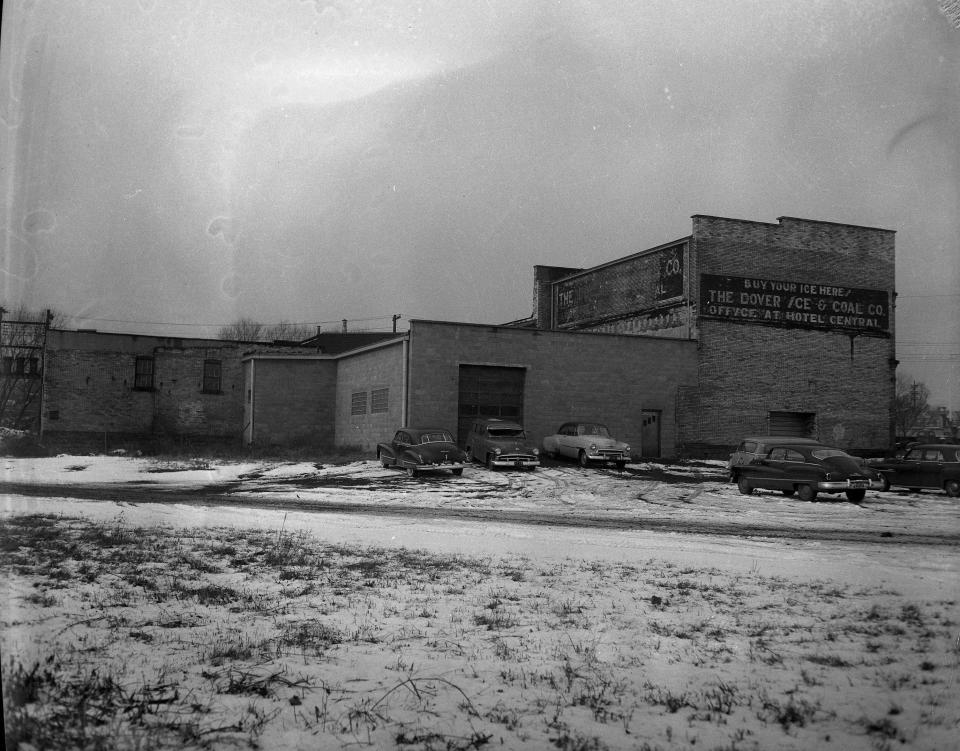
The plant took on new life as the Dover Ice & Coal Co., owned by Edward Horn, Jacob's son. However, ice production ended when the plant's smokestack was knocked down during a storm shortly after World War II. The smokestack crashed into the factory's ammonia tanks.

According to information from the historical society, the top four floors of the plant were removed soon after. They were in a bad state of repair. They had been largely unusable for some time, because when the large brew kettles had been removed, large holes had been cut in most of the building's floors. Dynamite was used to remove some of the upper walls.
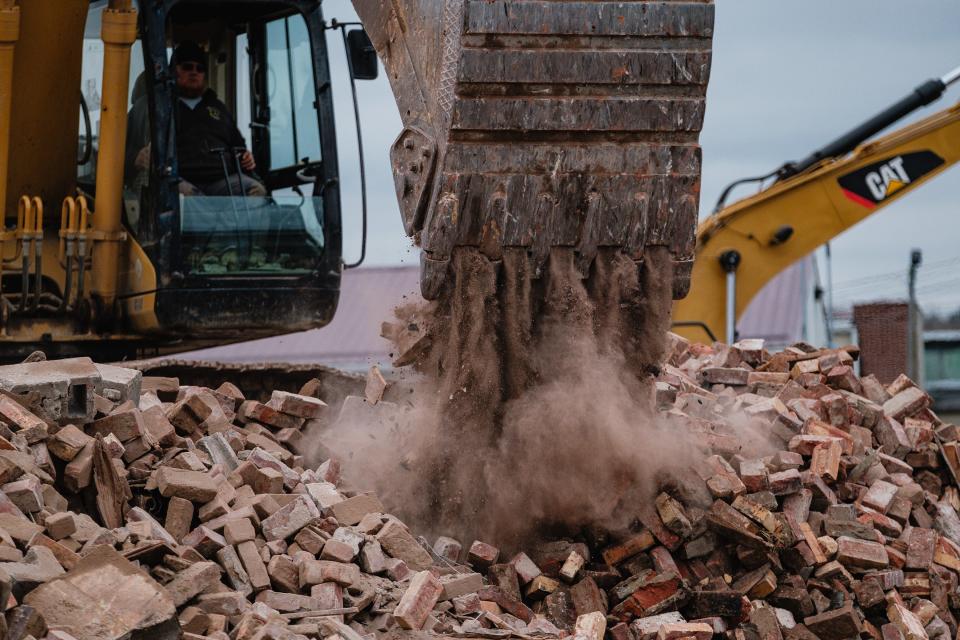
The remainder of the building then housed the Wills Machine Shop for many years after that.
Jon Baker is a reporter for The Times-Reporter and can be reached at jon.baker@timesreporter.com.
This article originally appeared on The Times-Reporter: Ban on alcohol sales brought down Tuscarawas Valley Brewing Co.

